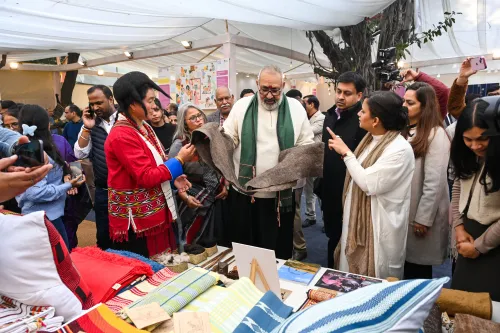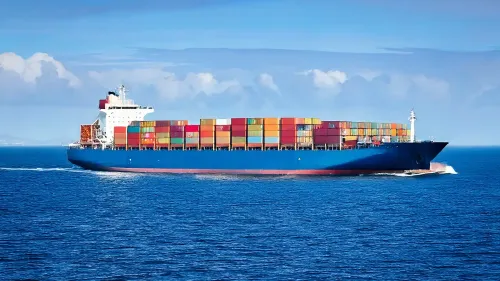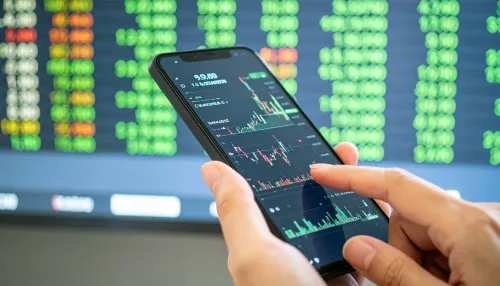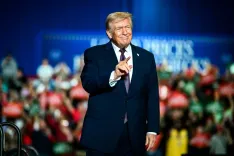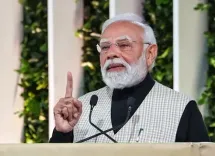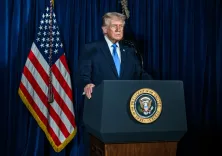What Factors Contributed to South Korea's Pharma Exports Reaching Record Heights in Q1?
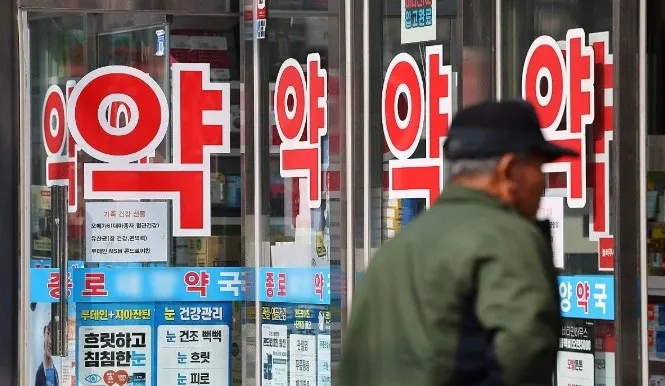
Synopsis
Key Takeaways
- Pharmaceutical exports reached a record US$2.56 billion in Q1.
- Biopharmaceutical products saw a 30.2% year-on-year increase.
- Vaccine exports rose by 37.7% due to international demand.
- Cosmetic exports also increased, totaling $2.58 billion.
- Trade uncertainties with the U.S. pose risks for future growth.
Seoul, June 4 (NationPress) South Korea's pharmaceutical exports soared to a historic level in the first quarter, driven by robust demand for Korean medications in the European market, according to a report released on Wednesday.
Outbound shipments of pharmaceuticals hit a remarkable US$2.56 billion in the January-March period, reflecting a 17.7 percent increase from the previous year, based on data from the Korea Health Industry Development Institute, as reported by Yonhap news agency.
Notably, exports of biopharmaceutical products surged by 30.2 percent year-on-year, propelled by significant increases in shipments to Germany and Hungary, which saw rises of 230 percent and 112 percent, respectively.
Additionally, vaccine exports experienced a 37.7 percent boost due to heightened demand in South America and Africa.
Simultaneously, exports of cosmetic products rose by 12.7 percent year-on-year, reaching $2.58 billion in the first quarter, marking the second-highest figure for any quarter, according to the institute.
The institute anticipates that the strong demand for biopharmaceuticals and essential skincare products will persist into the second quarter.
However, it also highlighted potential risks stemming from trade uncertainties linked to U.S. tariff policies.
U.S. President Donald Trump has threatened to impose tariffs on foreign pharmaceutical products, following previous duties on imports of steel, automobiles, and other critical items.
South Korea is actively seeking a complete exemption or reduction of the Trump administration's 25 percent reciprocal tariffs, as well as sector-specific tariffs on steel, automobiles, and other imports.
During a working-level meeting in May, the U.S. Trade Representative (USTR) urged Seoul to address non-trade barrier issues outlined in its 2025 National Trade Estimate (NTE) Report on Foreign Trade Barriers, as stated by a Seoul trade official who requested anonymity.
The NTE report detailed a variety of Korea's non-tariff measures, including its ban on importing American beef from cattle older than 30 months, South Korea's defense trade policy, digital trade barriers like restrictions on location-based data exports, emission-related regulations on imported vehicles, and pricing policies for pharmaceuticals.



